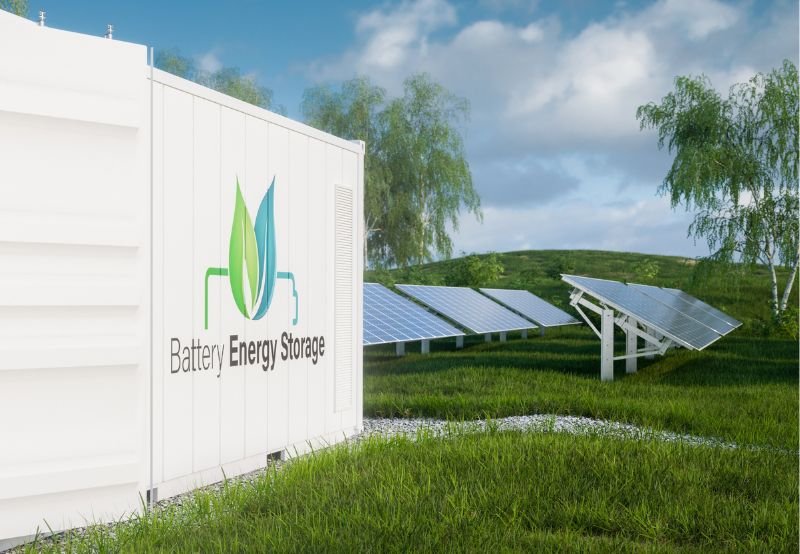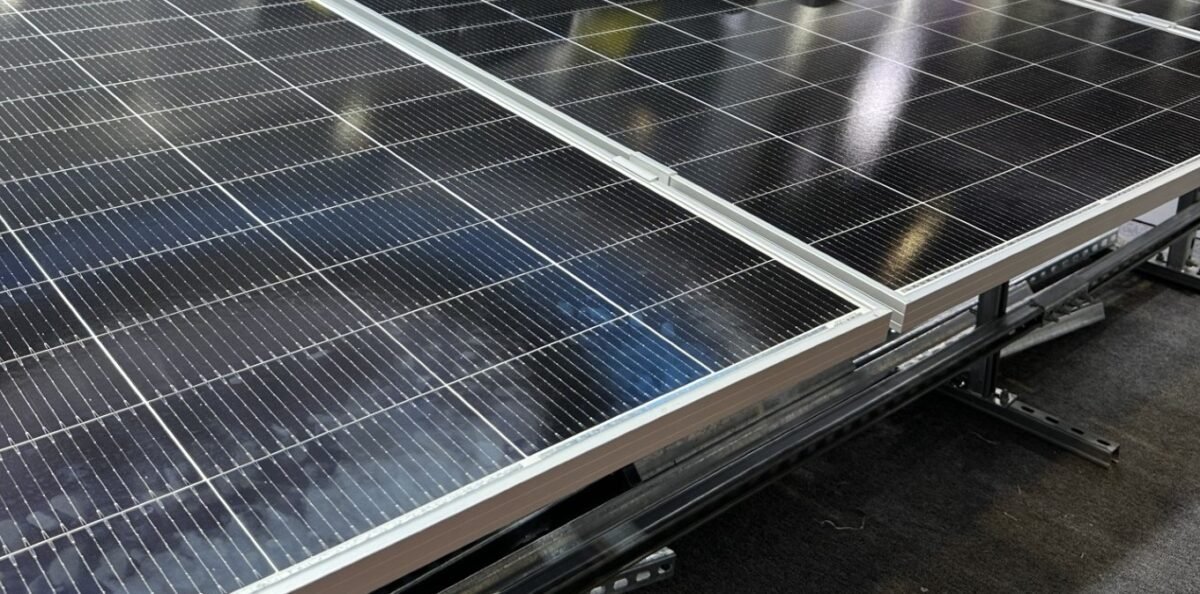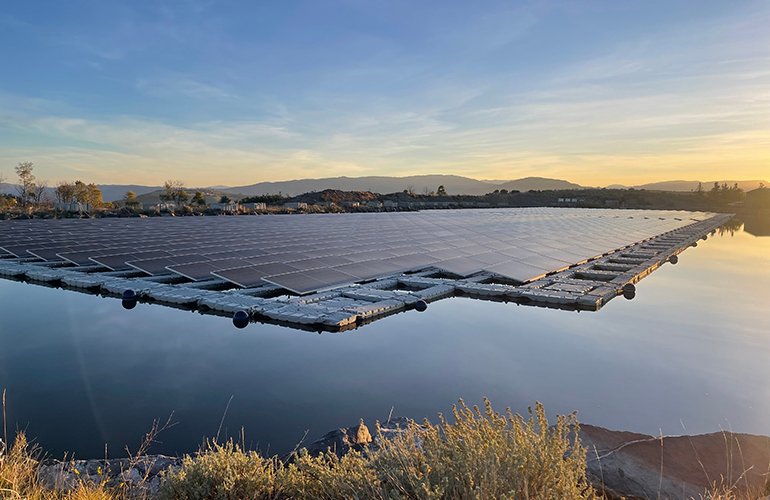Aptech Africa Powers Juba Military Hospital with Solar Energy
Juba Military Hospital in South Sudan now boasts a robust 150 kWp solar PV system paired with a 217.62 kWh battery bank, thanks to Aptech Africa. This hybrid setup ensures uninterrupted power supply—critical for medical facilities where every second counts. Here’s why this project is turning heads in the solar industry.
Why Solar Makes Sense for Hospitals
Hospitals can’t afford power outages. The Juba Military Hospital’s new solar system isn’t just about cutting costs—it’s about saving lives. The lithium-ion battery bank stores enough energy to keep essential equipment running during blackouts. Think about it: would you want a surgeon operating by candlelight?
The Tech Behind the Project
Aptech Africa deployed high-efficiency solar panels with SMA Sunny Tripower inverters, known for durability in harsh climates. The 217.62 kWh storage uses BYD Battery-Box units—similar to Tesla Powerwall but designed for commercial scale. “Solar panels alone aren’t enough in this region,” explains an Aptech engineer. “The battery bank acts as a shield against South Sudan’s erratic grid.”
But What About Maintenance?
Some argue solar systems in remote areas are maintenance nightmares. Aptech Africa preempted this with remote monitoring via SolarEdge’s platform. Real-time data on panel performance and battery health means technicians can troubleshoot before issues escalate. It’s like having a mechanic constantly checking your car’s engine—without the hourly fees.
Economic Ripple Effects
This project cost ≈$350,000, but here’s the twist: it’ll pay for itself in under 4 years. The hospital’s diesel generator burns through $12,000 monthly. Now, they’ll spend $0 on fuel 65% of the time. That’s money redirected to patient care—not noisy, polluting generators.
The Bigger Picture
South Sudan gets 6.5 peak sun hours daily—better than Germany’s solar giants. Projects like this prove emerging markets can leapfrog fossil fuels entirely. As one doctor put it: “We don’t need decades-old grid solutions. Give us solar, and we’ll build the future.”
Could this model work for other African hospitals? With rising battery densities and falling PV costs, the answer seems obvious. The Juba project isn’t just a win for Aptech Africa—it’s a blueprint for sustainable healthcare everywhere.





